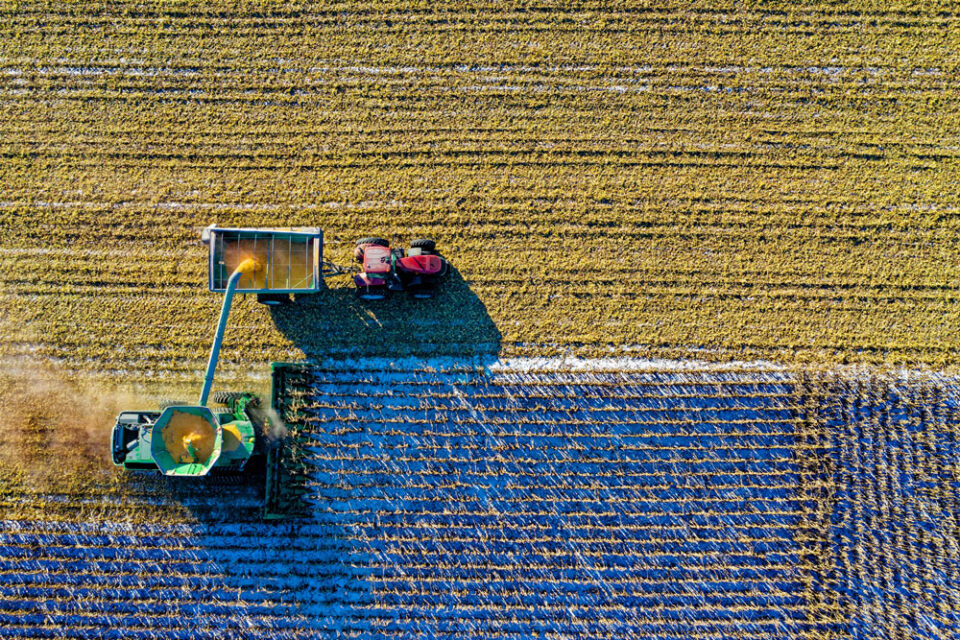In New Project, Millions of Farmers Will Help to Improve Insurance Against Climate Disasters
November 5, 2021

Megafires, extreme weather, locust swarms, pandemics: These are just some of the many natural disasters that have devastated farmers in recent years, destroying livelihoods and leaving hunger in their wake. Between 2008 and 2018, disasters cost the agricultural sectors of developing countries over $108 billion in damaged or lost crop and livestock production, according to a recent report from the Food and Agriculture Organization of the United Nations.
To manage the risks of disasters, developing world farmers increasingly purchase index insurance, which pays out benefits according to a predetermined “index” or model, such as seasonal rainfall volume. When rainfall hits the preset level, it triggers a payout. But often, the index insurance models are at odds with the reality on the ground. The smallest errors in choice of satellite data can skew outputs and throw the payout system out of synch with the farmers’ actual needs. Ultimately, poorly designed index insurance can lead entire communities and countries into a false sense of security and result in both grave financial shortfalls and food shortages when climate disasters strike. It’s a problem that desperately needs a fix, especially as the frequency, extremity, and complexity of climate disasters grow due to climate change.
A National Science Foundation (NSF) grant to Columbia researchers Daniel Osgood, Eugene Wu and Lydia Chilton, announced September 1, comes just in time. The NSF allocated $600,000 to Osgood, of Columbia Climate School’s International Research Institute for Climate and Society, and Wu and Chilton, from Columbia’s Computer Science department, to help them design a set of scalable customizable open-source tools that can collect agricultural disaster risk data from millions of individual farmers living in some remote parts of the world. During the pandemic, Osgood, Wu and Chilton had already begun using their limited coding knowledge to cobble together small-scale web-based tools to collect data directly from thousands of farmers about the climate disaster risks they face. Until now, most index insurance products relied on informed guesswork and satellite data, but did not have the capacity to tap the wisdom of crowds of farmers themselves. The NSF’s financial support will allow them to respond to that demand with population-scale tools that are built to last.